Within 5 years, with 260 research articles, 100 in 2022 alone (an average of 2 articles per week), Bokov's academic h-index has jumped to the same level as many scientists who have won the Nobel Prize in Physics.
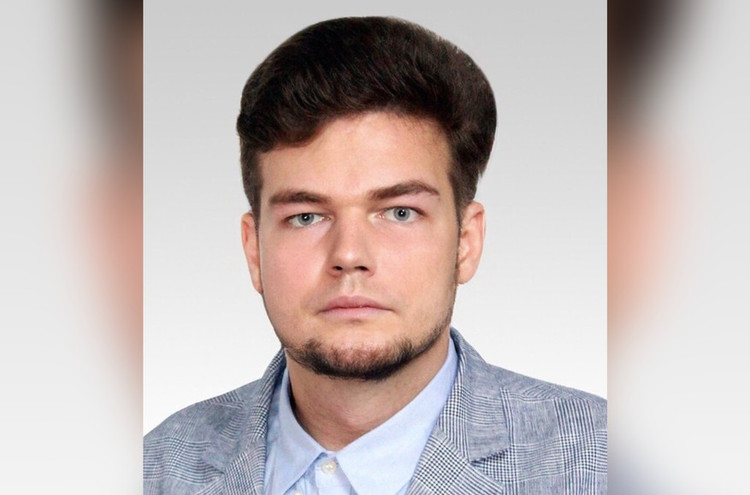
Global Co-Authoring Network: Reputation for Money
At a very young age, Dmitry Bokov, Associate Professor at Sechenov Medical University (Russia) has surprised the academic world with the “huge” number of scientific articles published internationally, many of which are published in Q1 journals ( the world’s top in terms of impact factor). However, behind that impressive appearance is a complex network of academic manipulation coordinated by himself.
In an investigation, T-invariant (a Russian scientific journal and anti-plagiarism organization) uncovered a large-scale plagiarism network run by Associate Professor Dmitry Bokov, working at the First Moscow State Medical University (Sechenov University, Russia).
According to an investigation by T-invariant and The Insider, Bokov was at the center of a global co-authorship market. In this network, pre-written research papers, often plagiarized or copied, were then “retouched” and sold through academic agents in Iran, Iraq, India, Bangladesh, and Russia. Would-be “co-authors” paid between $500 and $5,000 to be listed as authors of a research paper submitted to international scientific journals.
This situation leads to the phenomenon of “phantom authors”, people who do not participate in research, do not write articles, but still have their names on scientific works. With hundreds of repetitions of this trick, Bokov jumped to the top 0.1% of the most cited scientists according to Scopus, a feat that many veteran professors may not achieve in their entire lives.
From scientist to academic "boss"
Investigators found that Dmitry Bokov operated under two professional identities. The first identity was that of a Russian specialist in the field of pharmaceuticals and nutrition, who regularly published research under the name of Sechenov State Medical University and its Center for Nutrition and Biotechnology. In this role, Bokov often served as the lead author or co-author with colleagues from Sechenov, RUDN University or domestic research institutes. In some cases, co-authors from Serbia and Lithuania were also included, but within the scope of regional collaboration.
The second identity paints a completely different picture: Bokov has become a “global co-author for hire,” appearing in a series of international papers in many fields not directly related to his expertise. The main authors in this group are mainly from Asia and North Africa. The papers are often submitted to high-impact journals in Web of Science and Scopus (Q1–Q2), based in Europe or the United States. However, after the first few papers, many journals began to refuse to accept more work with Bokov’s name, due to detecting signs of irregularities. This is also the group of papers most at risk of being revoked.
According to T-invariant's investigation, most of Bokov's remaining articles were then transferred to lower quality or "predatory" journals, mostly based in India, and indexed only at Q3 or lower in Scopus.
In addition to being a high-profile buyer, Dmitry Bokov is also a sophisticated “academic service provider” who is in the thick of the financial flows behind scientific papers. He is often the “first author” or “corresponding author” of articles with 10–20 authors from countries with no real research links to Russia. This approach not only helps Bokov increase his profile, but also generates significant income from the co-authorship market.
As a “gateway,” Bokov was able to secure publications for buyers, thanks to his shady relationships with several journals. One of Bokov’s closest allies was Rafael Luque, a Spanish chemist who had been a professor at the University of Córdoba. Together, they appeared in hundreds of papers published in a short period of time, although Luque claimed to have no knowledge of the content of many of them. In 2023, Luque was fired from the university for violating academic ethics. Bokov, meanwhile, is under investigation in Russia, with no formal decision on disciplinary action or prosecution.
When academic ethics are challenged
The cheating was so well concealed that it went undetected by popular plagiarism software. It wasn't until a manual word-by-word comparison that the copied content was revealed.
A typical example is the article referring to the meaningless concept of “quality tuberculosis” - allegedly the product of automatic word replacement software, in which “suspension” is mistakenly translated as “tuberculosis”.
Dmitry Bokov’s story is not just an individual case, but a powerful warning about a global trend of ethical degradation in academia. When universities and research institutes evaluate research effectiveness by the number of papers and citations – there will be loopholes for people like Bokov to exploit.
One worrying consequence is the “contamination” of scientific databases. Research articles that are not authentic – in content or origin – remain on the system, are cited by other scientists, and are used as the basis for further research. This is not only financially damaging (due to the cost of re-studying), but also dangerous if medical, biochemical, etc. applications are based on fake data.
In 2022, the journal Food & Chemical Toxicology had to retract at least 19 papers that Bokov had contributed to. However, that was just the tip of the iceberg. International academics have called on major publishers such as Elsevier and Springer Nature to have stricter censorship systems, including verifying the true role of each author.
At the same time, academic ethics experts have proposed criminalizing the practice of buying and selling co-authorship. Some countries, such as China and India, have begun drafting legal frameworks to treat this behavior as a serious form of academic fraud, which could lead to revocation of degrees or criminal prosecution.
Source: https://khoahocdoisong.vn/mang-luoi-hoc-thuat-ma-toan-cau-nang-chi-so-nhu-nobel-post1545507.html











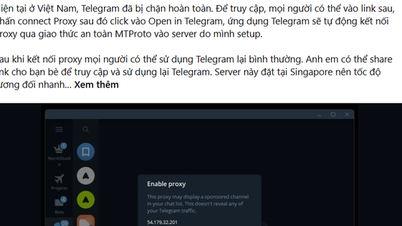




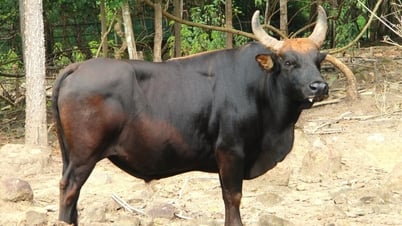




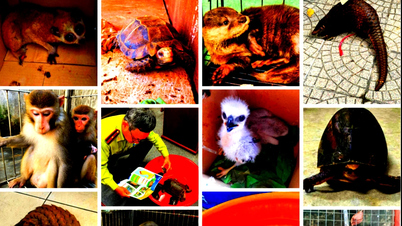
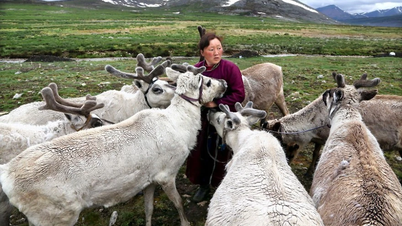






![[Photo] General Secretary To Lam receives Korean Ambassador to Vietnam](https://vphoto.vietnam.vn/thumb/1200x675/vietnam/resource/IMAGE/2025/6/6/a0765b7543784cbcbfe4755b67d43ab4)
![[Photo] President Luong Cuong works with Hung Yen and Thai Binh Provincial Party Committees on implementing Resolution of the 11th Central Conference, 13th tenure](https://vphoto.vietnam.vn/thumb/1200x675/vietnam/resource/IMAGE/2025/6/6/127b735d2761484d81dcee0d7725a25b)





























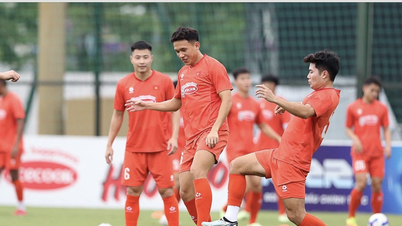
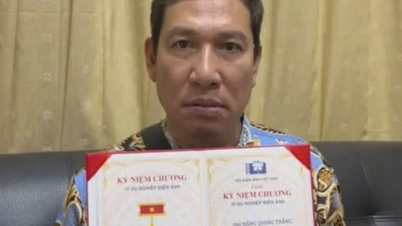
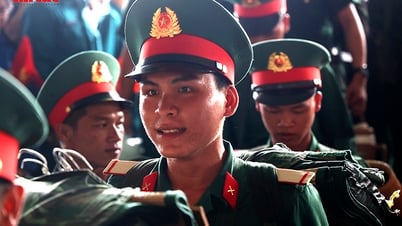
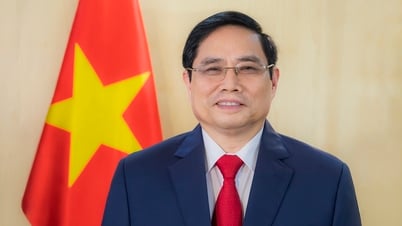

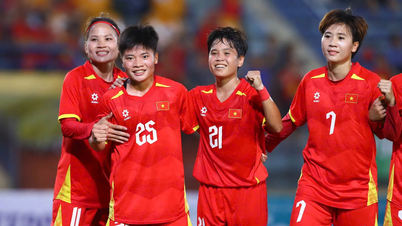
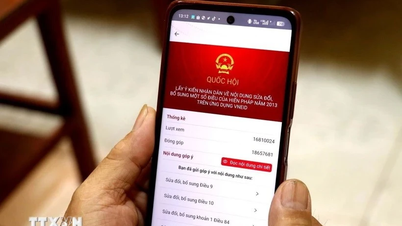
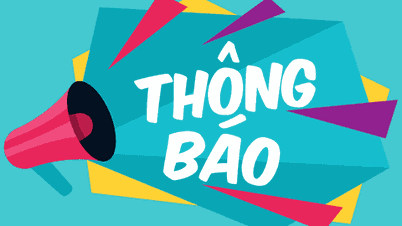

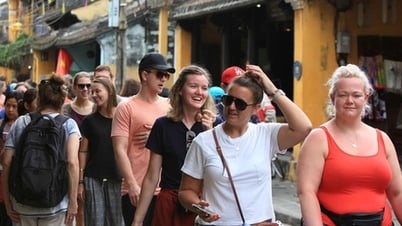


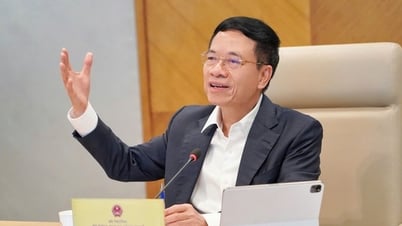

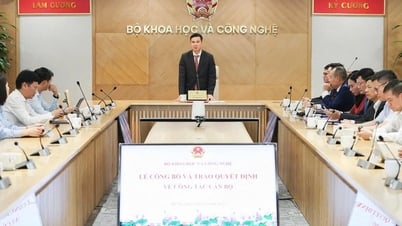



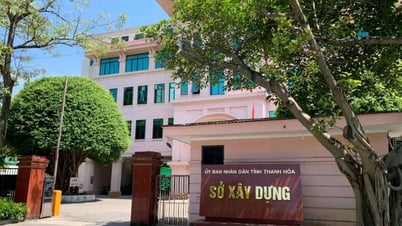

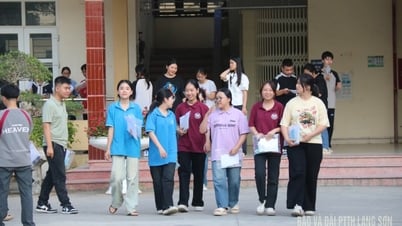

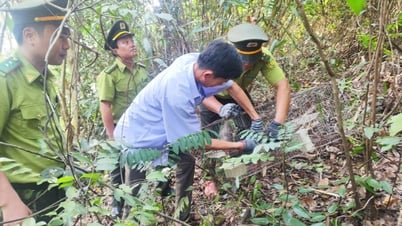

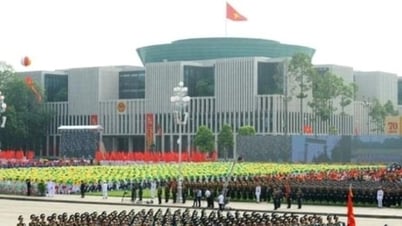

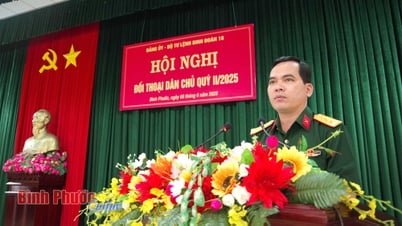



![[OCOP REVIEW] Tu Duyen Syrup - The essence of herbs from the mountains and forests of Nhu Thanh](https://vphoto.vietnam.vn/thumb/402x226/vietnam/resource/IMAGE/2025/6/5/58ca32fce4ec44039e444fbfae7e75ec)






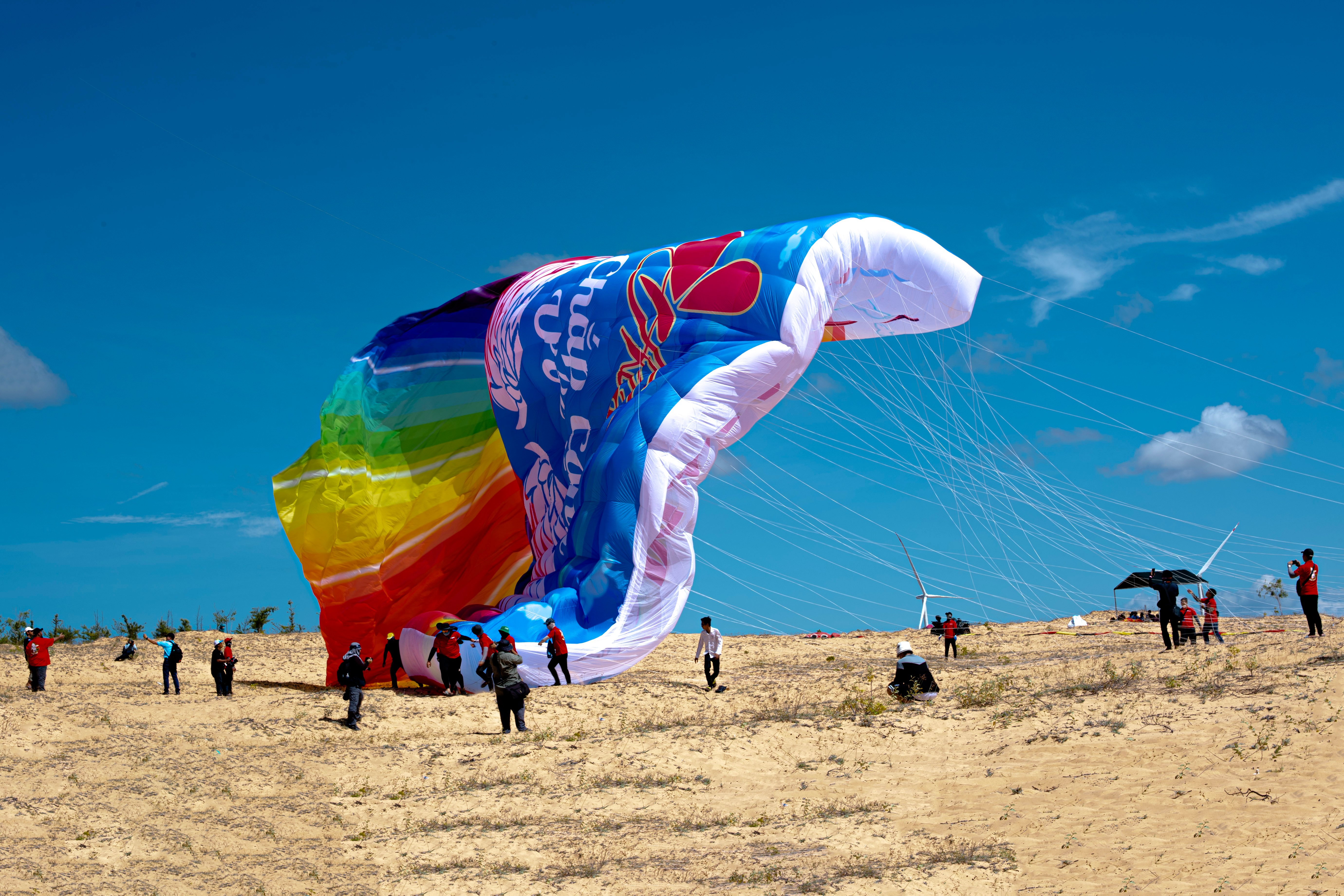
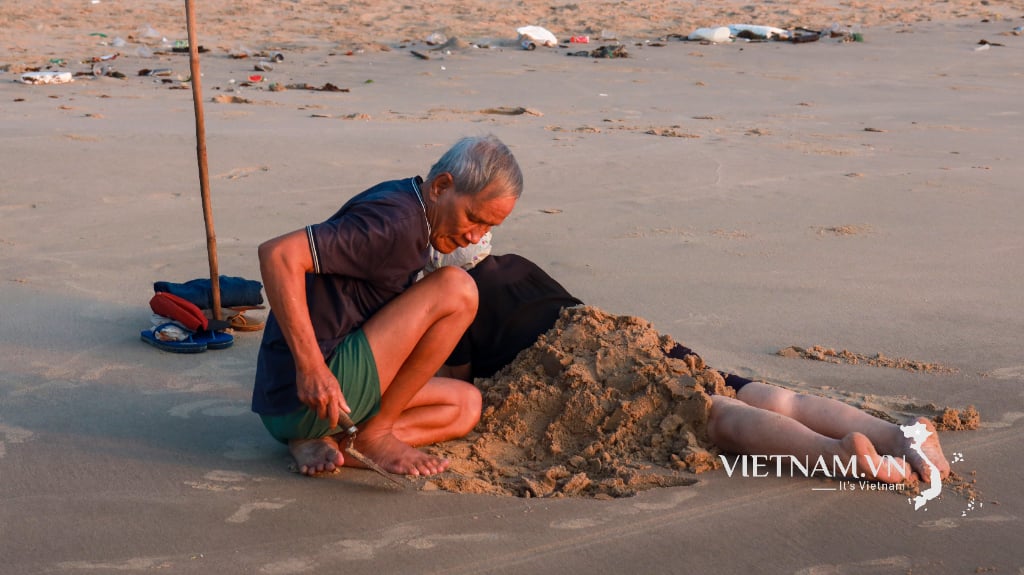


Comment (0)